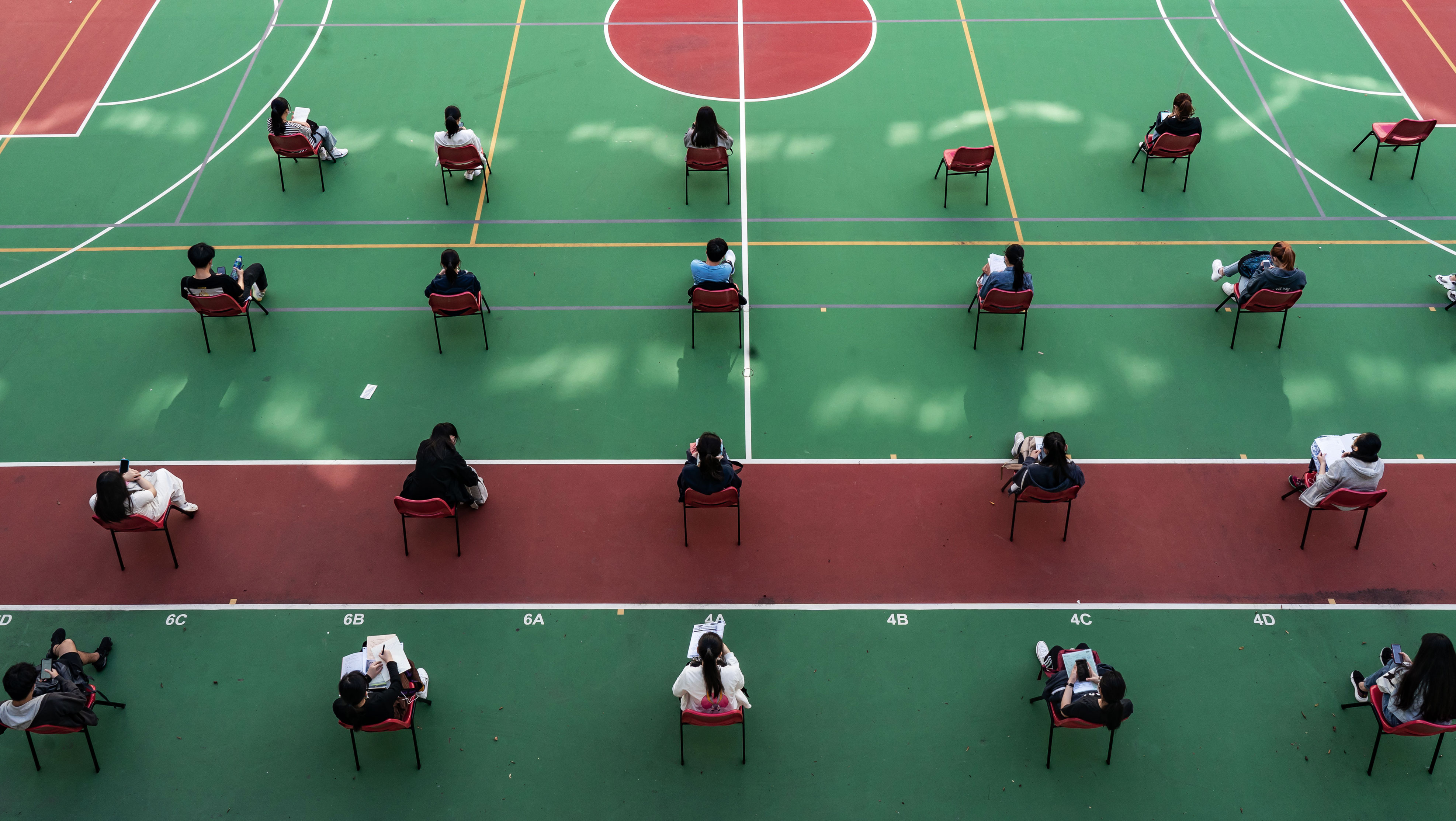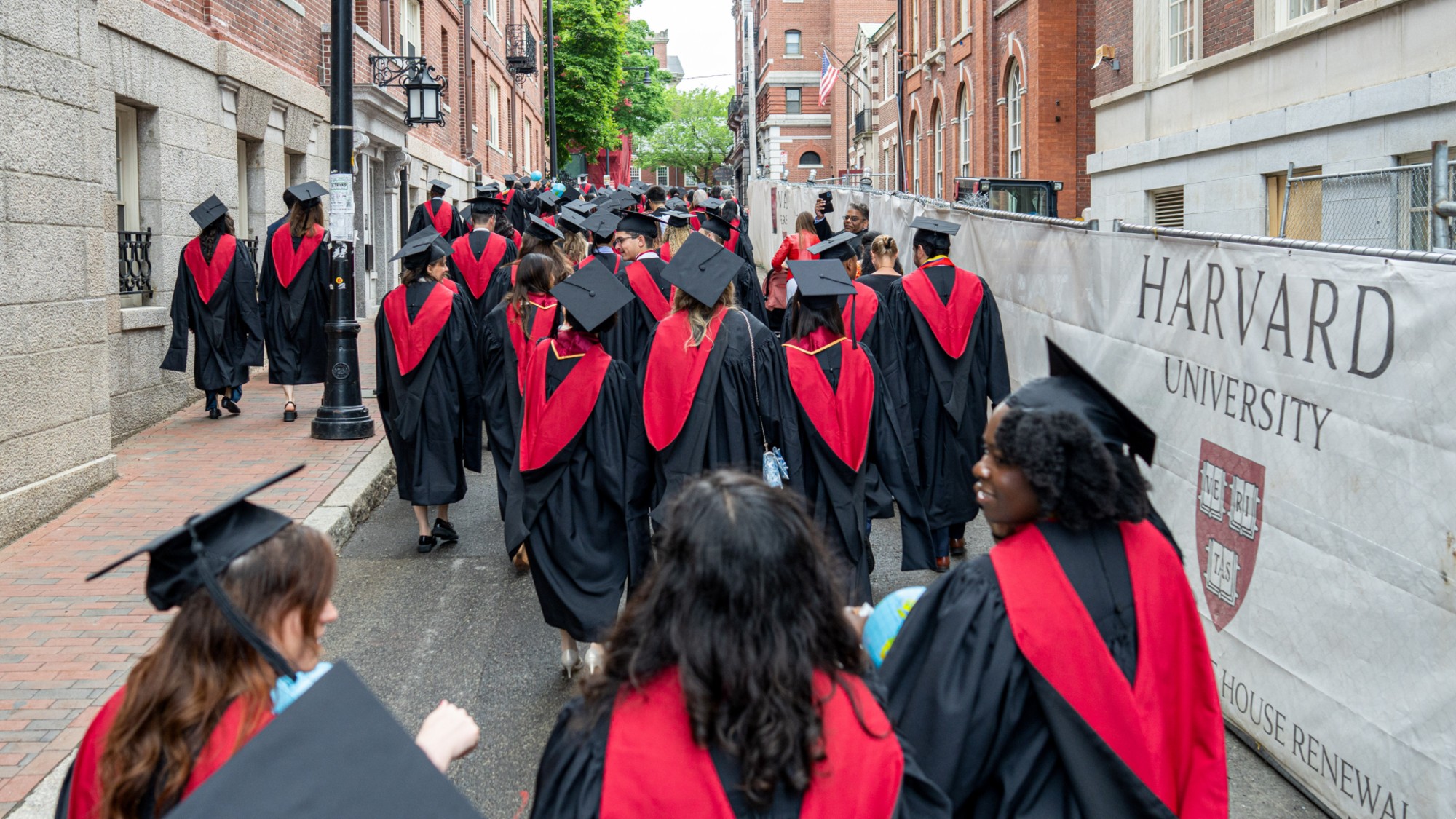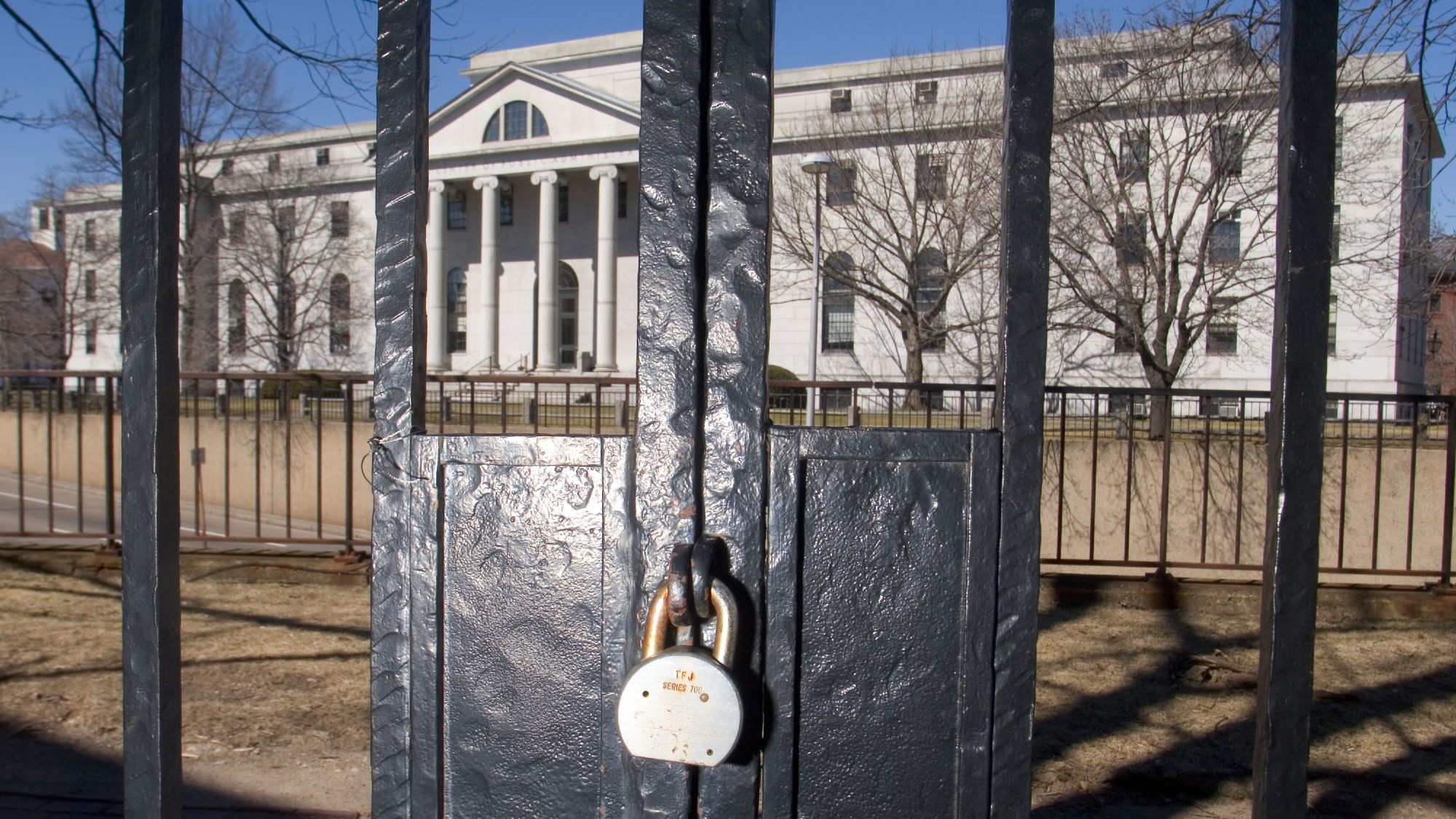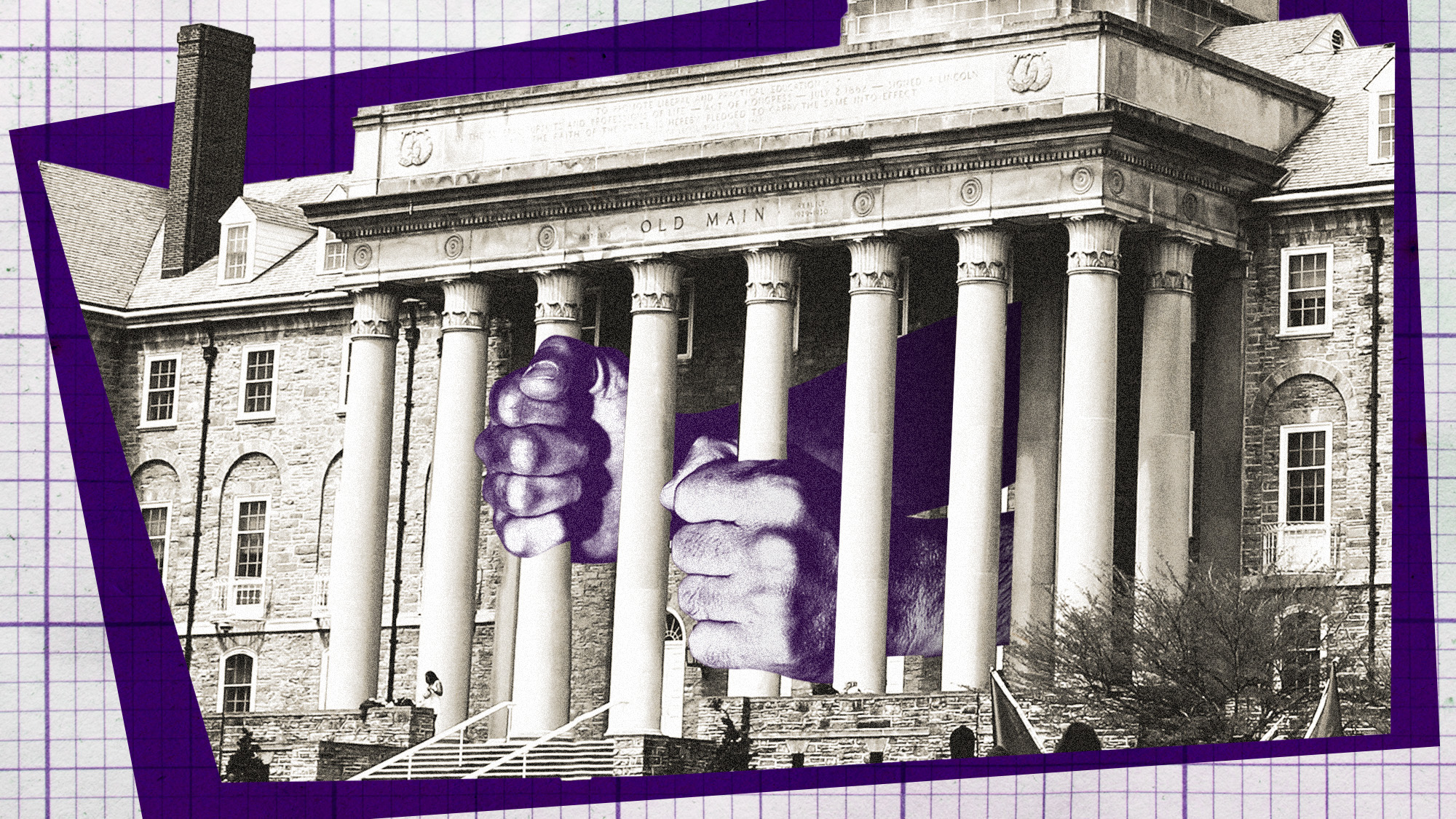How coronavirus broke Britain’s universities
Price of survival may be more state control and less focus on the arts

A free daily email with the biggest news stories of the day – and the best features from TheWeek.com
You are now subscribed
Your newsletter sign-up was successful
Coronavirus has triggered a financial crisis in universities that will upend student life, change the face of education, distort priorities for scientific research and damage local economies, according to economists and education experts.
Tuition fees - currently capped at £9,250 a year in England - are universities’ primary source of income, yet “they have no idea how many of the class of 2020 will show up in September”, says The Times. Reflecting the widespread mood, one 18-year-old told the newspaper that he would “prefer to have a gap year badly disrupted than my first year at university”.
Indeed, “a fifth of prospective students say they may defer their studies for a year”, creating a “potential £760m funding black hole”, the Daily Mail reports.
The Week
Escape your echo chamber. Get the facts behind the news, plus analysis from multiple perspectives.

Sign up for The Week's Free Newsletters
From our morning news briefing to a weekly Good News Newsletter, get the best of The Week delivered directly to your inbox.
From our morning news briefing to a weekly Good News Newsletter, get the best of The Week delivered directly to your inbox.
And the financial hit will be even greater if British universities are also shunned by foreign students, collectively worth £7bn in income. “Survey evidence suggests only 39% of Chinese students, the biggest group from overseas by far, are likely to come to the UK as planned,” according to The Times.
Campus life on hold
Students who do enroll next academic year are unlikely to receive a traditional university education - or to enjoy the typical social experience.
Half of the 24 elite Russell Group universities “said they had either already moved online or were planning for a ‘blended’ approach mixing online and face-to-face tuition next year” when quizzed by the i news site about their response to the pandemic.
A free daily email with the biggest news stories of the day – and the best features from TheWeek.com
Cambridge and Oxford are among the institutions planning to replace lectures with online courses, although both will continue to offer small-group tuition in person.
Other changes are likely to be extensive. At the University of Bolton, “students will walk through airport-style temperature scanners to get into all university buildings, where hand sanitiser stations will await them”, the i reports. Bicycles will also be provided so that students can avoid public transport.
–––––––––––––––––––––––––––––––For a round-up of the most important stories from around the world - and a concise, refreshing and balanced take on the week’s news agenda - try The Week magazine. Start your trial subscription today –––––––––––––––––––––––––––––––
But despite such strategies, Zamzam Ibrahim, president of the National Union of Students, has questioned whether students will be getting value for money. This year’s students have already been sold short, she claims, with a recent NUS survey revealing that many felt the “quality of education has gone down massively”.
Ibrahim is calling on universities to “allow students to resit the year or reimburse their tuition fees to compensate for the disruption caused by the pandemic”, The Telegraph reports.
Academic freedom in peril
Refunds appear to be an unlikely prospect, however. Universities “are now in real crisis”, writes Glen O’Mara, a history professor at Oxford Brookes University, in an article for The Guardian. “If they don’t get more help, some of them could well fold in the near future.”
So far, the government has resisted calls for financial aid, which leaves “a lot of jobs at risk, both in universities and in the wider local and regional economies where universities are based”, Gavan Conlon of London Economics told the newspaper’s education editor Richard Adams.
A more profound consequence could be direct state influence over how universities are run.
“It’s a case of not letting a good crisis go to waste,” an unnamed senior university figure told The Times. “The government has grown weary of a sector refusing to reform itself. Now it has the chance to speed it up and orchestrate it from the centre.”
Ministers have already established a task force to decide which research projects, courses and universities could receive additional state funding, with priority to be given to those deemed to be contributing most to society and the economy.
But that, says The Times, is “code for ditching arts and other courses ministers consider to be poor value for money and refocusing on degrees to serve the local jobs market or post-coronavirus recovery”.
–––––––––––––––––––––––––––––––For a round-up of the most important stories from around the world - and a concise, refreshing and balanced take on the week’s news agenda - try The Week magazine. Start your trial subscription today –––––––––––––––––––––––––––––––
-
 How the FCC’s ‘equal time’ rule works
How the FCC’s ‘equal time’ rule worksIn the Spotlight The law is at the heart of the Colbert-CBS conflict
-
 What is the endgame in the DHS shutdown?
What is the endgame in the DHS shutdown?Today’s Big Question Democrats want to rein in ICE’s immigration crackdown
-
 ‘Poor time management isn’t just an inconvenience’
‘Poor time management isn’t just an inconvenience’Instant Opinion Opinion, comment and editorials of the day
-
 American universities are losing ground to their foreign counterparts
American universities are losing ground to their foreign counterpartsThe Explainer While Harvard is still near the top, other colleges have slipped
-
 Where will international students go if not the US?
Where will international students go if not the US?Talking Points China, Canada and the UK are ready to educate the world
-
 Colleges are canceling affinity graduations amid DEI attacks but students are pressing on
Colleges are canceling affinity graduations amid DEI attacks but students are pressing onIn the Spotlight The commencement at Harvard University was in the news, but other colleges are also taking action
-
 Can Trump ban overseas students from US universities?
Can Trump ban overseas students from US universities?Today's Big Question President's decision to revoke Harvard's access to database for admitting international students 'drastically escalates' the dispute
-
 America's academic brain drain has begun
America's academic brain drain has begunIN THE SPOTLIGHT As the Trump administration targets universities and teachers, educators are eying greener academic pastures elsewhere — and other nations are starting to take notice
-
 Is academic freedom in peril?
Is academic freedom in peril?Today's Big Question Faculty punishments are on the rise
-
 Anti-Israel protests impact a Jewish-rooted university
Anti-Israel protests impact a Jewish-rooted universityThe Explainer The president of Brandeis University resigned as a result of multiple factors, including his handling of recent protests
-
 Why are so many colleges closing?
Why are so many colleges closing?Today's Big Question 'Enrollment cliffs' and higher tuition both play a role